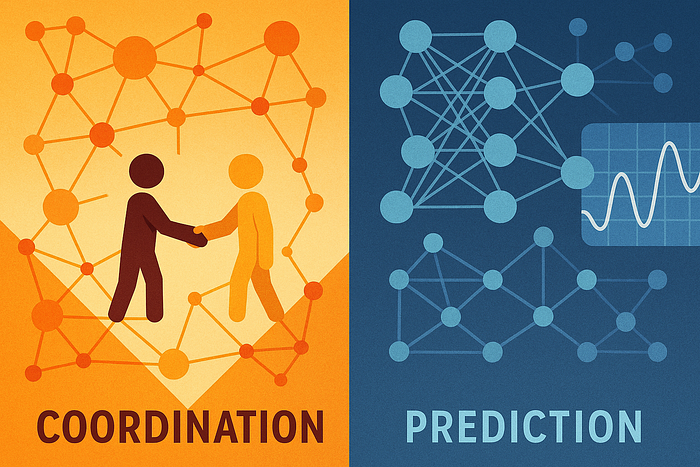Introduction to the Issue
The topic of transparency versus doxxing has become a significant point of discussion, especially in the context of immigration enforcement and the actions of ICE (Immigration and Customs Enforcement). At the heart of this debate are efforts by various groups and individuals to track and report ICE raids, including the use of online maps and apps to inform communities about potential enforcement actions.
The Role of People Over Papers and Similar Initiatives
People over Papers, an initiative started by Celeste, is one such effort that has gained significant attention. Since its inception in January, the project has received over 19 million unique visitors, with a daily average of between 200,000 and 300,000 users. The primary goal of People over Papers is to map ICE raids, aiming to inform people about what is happening in their communities. This project, along with others like the ICEBlock app and the Stop ICE Raids Alert Network, plays a crucial role in documenting events that could be seen as part of a dark period in history.
The Importance of Mapping ICE Raids
These mapping efforts serve as vital tools for marginalized communities, offering protection, solidarity, and survival strategies in areas where they might face hostility. According to Allissa Richardson, a scholar at the University of Southern California, these digital tools can be likened to the "modern-day Green Books for immigrant communities." Just as the Green Book once helped Black travelers navigate safely through areas of racial terror, these maps help Latine families move through spaces marked by surveillance and risk.
Government Response and Controversy
The administration has been actively working to dismantle these efforts, pressuring technology platforms to remove the maps and subpoenaing Meta for the personal information of users behind accounts related to the Stop ICE Raids Alert Network and other similar groups. This move by the government has sparked controversy, with critics arguing that it amounts to an attempt to chill speech and activism. At least one individual, Carolyn Feinstein, whose husband was involved with the ICEBlock app, claims to have lost her job with the Department of Justice in retaliation for her husband’s work.
The Debate Over Doxxing
The debate surrounding the identification of ICE agents and whether it constitutes doxxing is complex. David Greene, the director of civil liberties at the Electronic Frontier Foundation, argues that identifying agents does not equate to doxxing, as it is essential for holding federal officers accountable. Peter Simi, a sociology professor, suggests that labeling the act of identifying agents as doxxing or an act of violence would require a redefinition of violence in the legal context.
Conclusion
The issue of transparency versus doxxing in the context of ICE raids and the identification of enforcement agents is multifaceted. While the government views these efforts as potentially dangerous and invasive, advocates see them as crucial for community safety and accountability. As the debate continues, it is essential to consider the implications of such actions on free speech, community protection, and the balance between transparency and individual privacy.
FAQs
- What is People over Papers? People over Papers is an initiative that maps ICE raids to inform communities about enforcement actions in their areas.
- Why are these mapping efforts important? They provide protection, solidarity, and survival strategies for marginalized communities facing hostility and surveillance.
- What is the government’s stance on these efforts? The government is trying to stop these efforts by pressuring tech platforms to remove the maps and by issuing subpoenas for personal information of individuals involved.
- Is identifying ICE agents considered doxxing? The debate is ongoing, with some arguing it is necessary for accountability and others seeing it as a form of doxxing or violence.
- What are the potential consequences for individuals involved in these efforts? There have been reports of job loss and potential legal action against individuals involved in tracking and reporting ICE raids.











